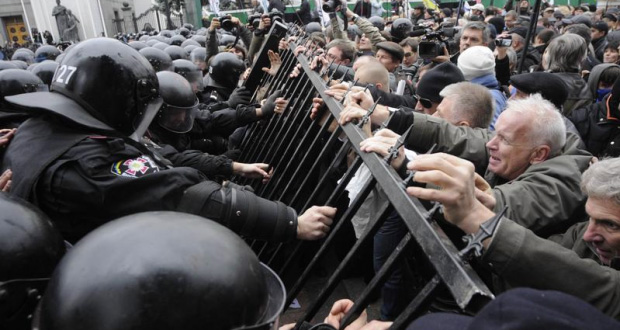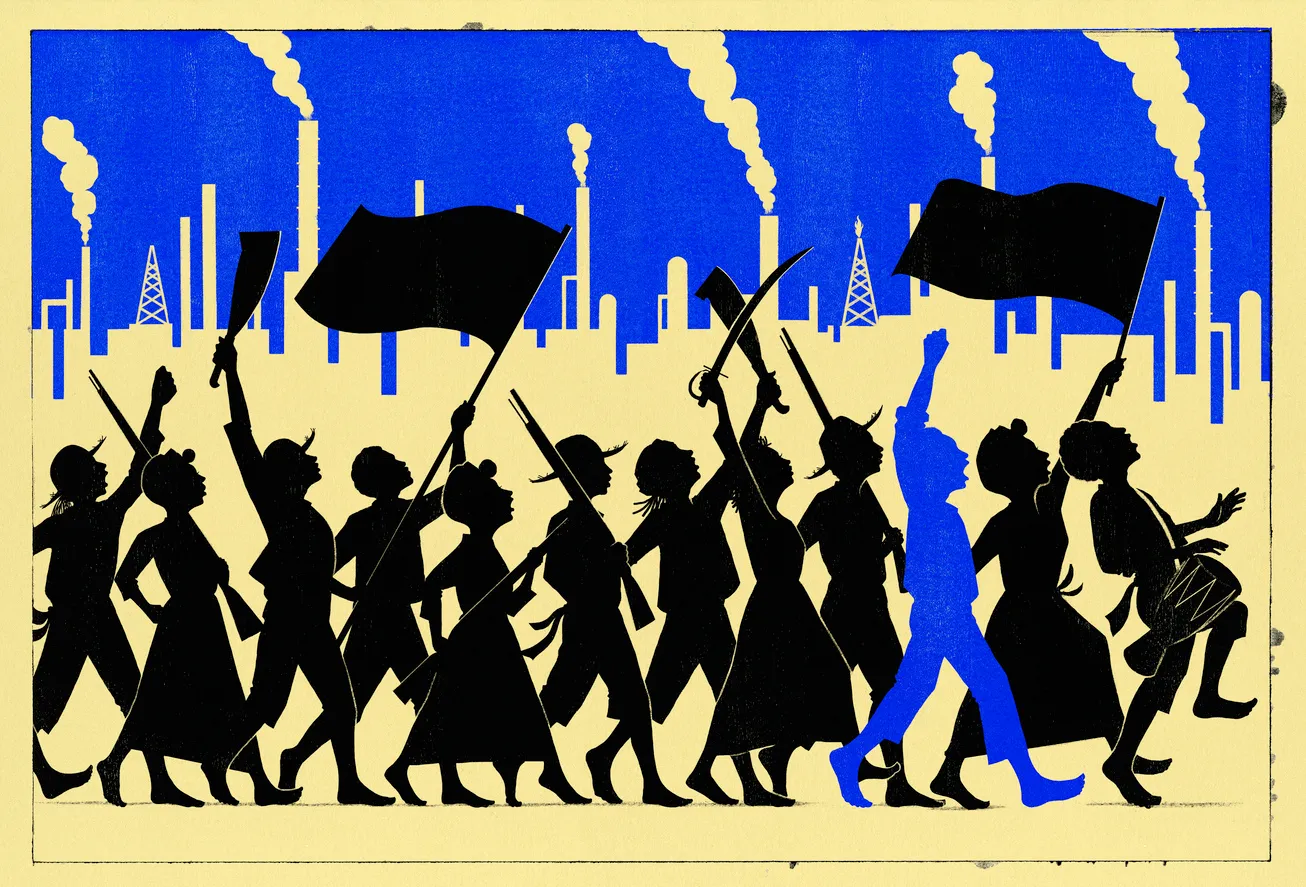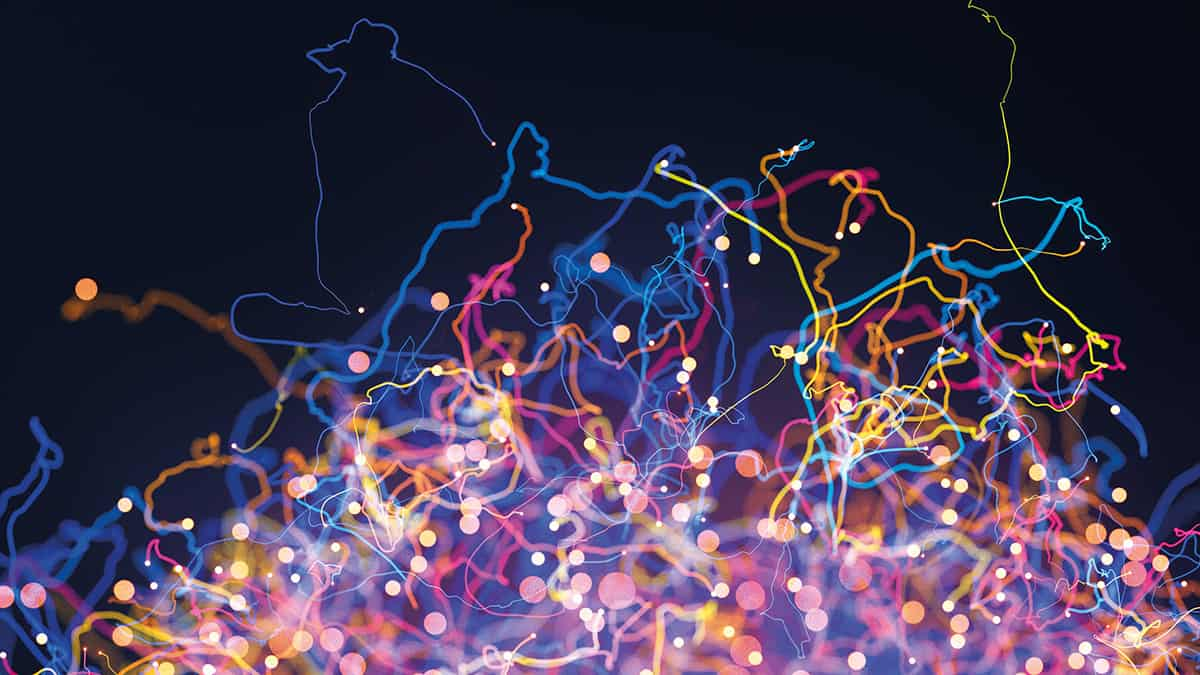and the distribution of digital products.
The Reputation Nightmare: A World Built on Scores
In a world driven ever deeper by digital personas, reputation became perhaps the highest denomination of currency. What if that notion were taken to an extreme? Imagine a society in which every action, every word, every interaction was tracked, recorded, and rated. Imagine a person's social worth defined by a score seen by everyone around them.
\ This speculative essay on such a system leads us down the path of dystopian consequences in which a peer-to-peer reputation economy breaks the very fabric of humanity. In the process of flirting with conceptions of transparency, accountability, and social ranking, we are forced to confront, too, the darker side of reputation: its power to seclude, control, and dehumanize.
\ Here is a story from a world where reputation isn't just the measure of success but a prison nobody escapes from.
IntroIn the near future, humankind finally managed to crack it: now, one's reputation is measured in real-time. Every interaction, every decision, and every kind of relationship rests on the decentralized system of reputation scores controlled by blockchain. This score does not just reflect a person's standing in life. It defines him or her. With every gesture, every thought, and every digital footprint, the score rises or falls, and society operates within the iron grip of this omnipresent ranking system.
\ It sounds utopian at first: everyone is responsible, and misbehavior is punished on the spot. Corruption decreases; then comes transparency, with the concept of reputation as some sort of moral currency. With this system created by fallible beings came its fractures to the fundamental cracks in human nature.
A Fragile Society
\ In this world, everyone is hypersensitive about their scores. Even the tiniest act (a door held for a stranger or a smile not thrown at a passerby) can potentially impact one's reputation. Money means nothing; life is based on social credit now, and it is mercilessly cruel. Being human is an exercise in complex performances where sincerity needs to be sacrificed for score protection, and authentic contact has been pulverized by unrelenting observation.
\ The effects can be seen in how communities disintegrate when people act continually in self-interest to the detriment of the common good. In a world reduced to competitive ranking, actual friendships, family, and lovers are reduced to transactional interactions.
\ Every action is a risk in moving up the score, and people are driven to shed any empathy for algorithmic efficiency. Reputation has turned out to be a cage - something everyone contributed to building but cannot seem to escape from.
The Error in PerfectionBut then the mistakes really begin to multiply. The algorithms of reputation calculation are only as fallible as the men who have cooked them up. False accusations go viral, and once a person's score slips beneath the critical threshold, that person becomes radioactive - a social untouchable. It does not matter whether it is merited or not; a reputation, once tarnished, can never be cleaned. In a world where everyone is a brand, one misstep is lethal.
\ In an instant, the community collapses. Fear of losing points destroys trust, and anyone is terrified of association with anyone else whose score might pull theirs down. The rich and powerful game the system, and their influence keeps their scores artificially high while others fall into the abyss. The utopian promise of a simple and equal reputation society now becomes a nightmarish, rigid hierarchy where barriers are insurmountable.
The Never-Ending Pursuit of ValidationIt is a system that breeds obsession: people wear themselves out seeking the next perfect score, the next validation in cyberspace. They forgo sleep researching what they have done and said, second-guessing every look, every utterance. Passions now run so deep but are carefully contrived and acted out, devoid of their spontaneity and élan. The arts, once lofty grounds for rebellion and self-expression, become mechanistic, lifeless routines that serve only to maintain the robot-like reputation of each individual.
\ It doesn't improve the world; it just magnifies the worst in humanity. The more obsessed people are with their reputation, the less human they're allowed to be. The raw, messy beauty of existence (the flaws, the risks, the wasted energy) has no place in a society predicated on numerical evaluations.
The Rebels
\ But in the margins, a rebellion grows. These outcasts, all of whom have lost everything, come to realize that true freedom lies in the destruction of the system. These gather together in the dark, forming underground networks in which reputation means very little, where people are judged not by a score but by their actions and intentions. They open their arms to chaos in life - the beauty of imperfection, lessons from mistakes, and the thrill of being untamed.
\ Acts of defiance (publicly lowering their scores, taboo relationships, completely disregarding the reputation economy) spread like viruses. As more and more join in, the system buckles under its weight. The veneer of perfect society breaks down, showing it is imperfect. Humans were never supposed to be so neatly measured and then ranked by machines. Humans are meant to be messy, contradictory, unpredictable beings.
Conclusion: Back to Chaos?
\ With the rebellion widening, the future is truly in the balance. Will the system totally break down and allow a return to chaos, human emotion, and fallibility? Or will the elites somehow manage to adapt, refashioning the reputation score as an invasive and controlling force?
\ What becomes clear is this: no matter how idealistic the design, no decentralized reputation system can cure what makes us human. We are a mass of contradiction, of wild passions and untamed desires. In this regard, attempts to reduce us to numbers and algorithms would only serve to imprison us in a dystopian creation of our own doing.
\ Ultimately, reputation does not save us. It just magnifies our flaws and exposes the fragility of the social fabric holding us together.
- Home
- About Us
- Write For Us / Submit Content
- Advertising And Affiliates
- Feeds And Syndication
- Contact Us
- Login
- Privacy
All Rights Reserved. Copyright , Central Coast Communications, Inc.